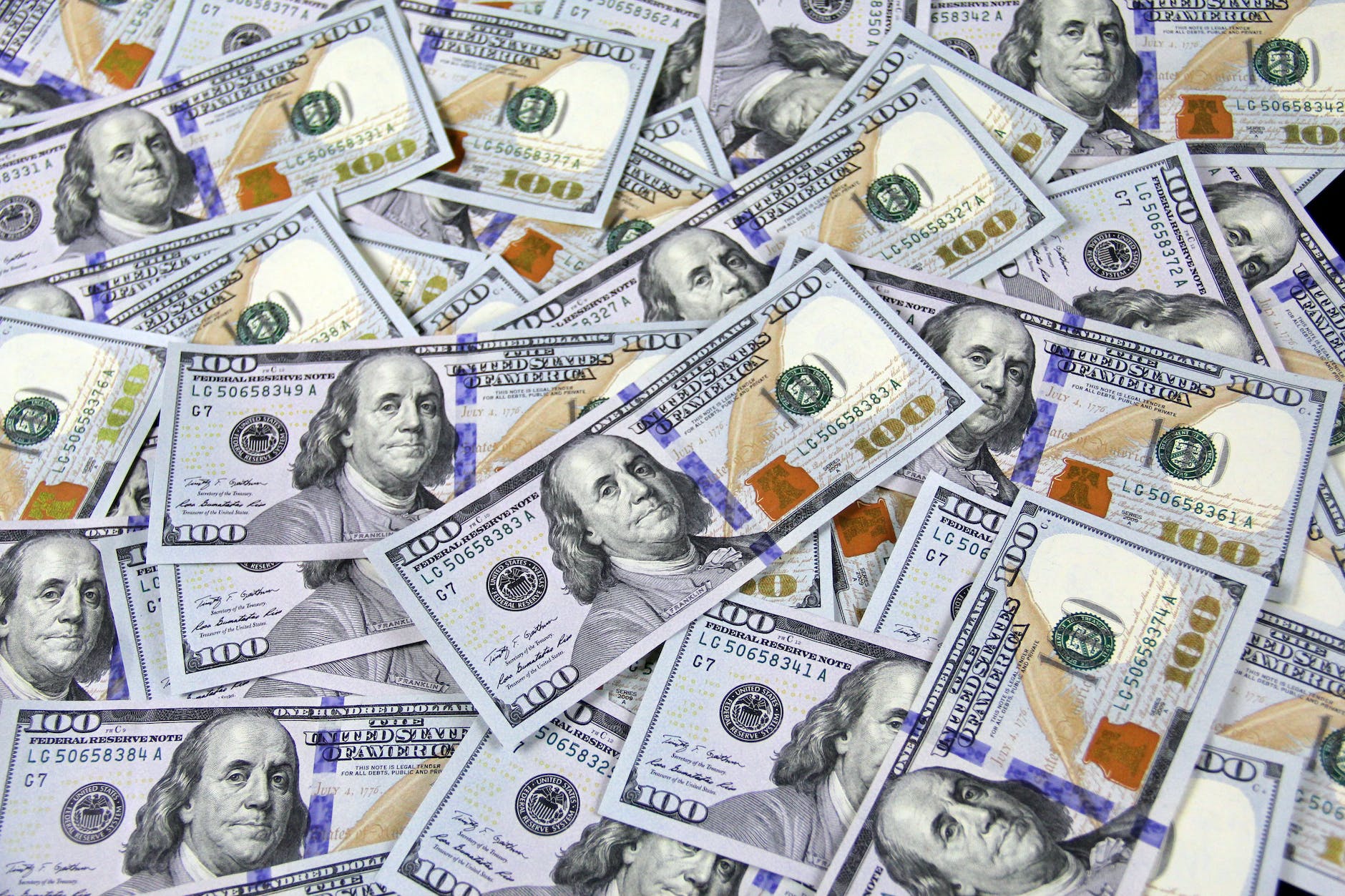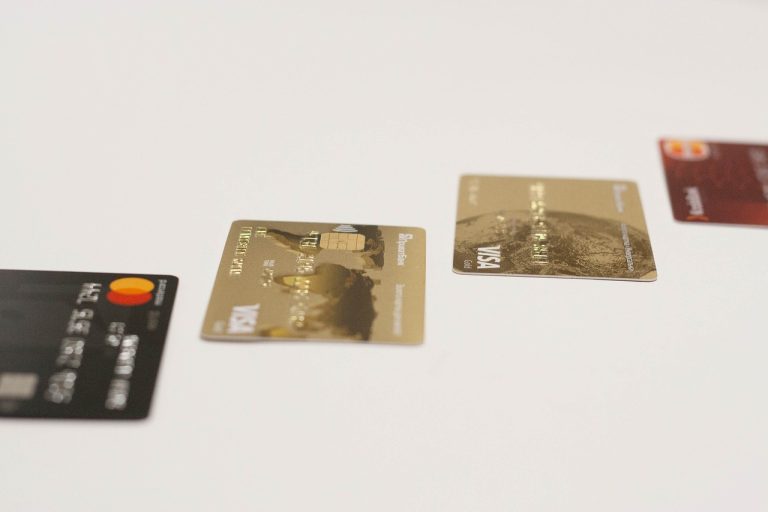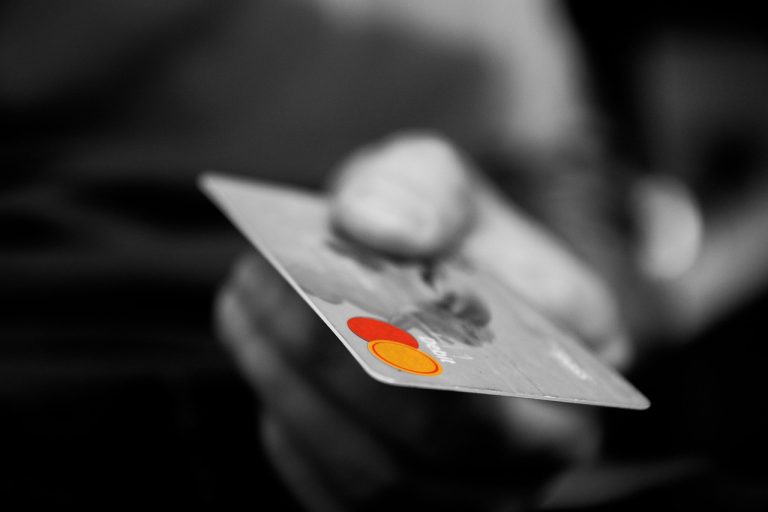Cash vs Credit – The Battle Lines Are Drawn
In the intricate dance of financial decisions, the debate around cash versus credit remains evergreen. It’s fascinating how credit, once the dominion of the elite with substantial disposable income, has now seeped its way into the hands of the masses. Today, loans and credit cards aren’t just the tools of the well-heeled; they’re an integral aspect of life for a wide swath of society.
Credit: Not Just for the ‘Less Well-off’
There’s a misconception I’ve encountered on my website that caters to folks eager to understand consumer debt and its management. Some believe that credit is primarily sought by those who are less financially stable. But here’s a revelation: even the mighty financial titans, the banks worth billions and trillions, have faltered in their credit control. It’s not so much about the depth of one’s pockets, but more about the wisdom with which one manages them. When we talk about credit, it’s more about who uses a dollop of common sense in their banking maneuvers.
The Rising Cash Champions
But what happens when the allure of credit turns sour? Many have watched, some from a distance and others too close for comfort, as loved ones grappled with the snare of credit. It starts innocently enough – a quick swipe here, a timely purchase there, all under the comforting canopy of ‘I’ll pay it off next month.’ But soon, the tidal wave of interest and accumulating debt can be overwhelming.
In times of abundance, credit cards glitter with promise. They beckon with the convenience of instant purchases, all with the comforting thought that there’ll be money in the bank when the bill comes due. But times change. Today, with economic landscapes shifting like desert sands, relying on future earnings to pay off present debts seems like a gamble too risky for many.
The trend I’ve noticed? A growing tribe of individuals returning to the age-old practice of using cash. It’s simple, really. When you use cash, you spend what you have, not what you hope to have. It might not offer the thrill of a spontaneous purchase, but it brings a sense of control. Every crisp note or jingling coin is a tangible reminder of your financial standing.
The Certainty of Cash
There’s a certain allure to the tactile sensation of cash. It’s real. It’s a present. And most importantly, it’s finite. When you operate on a cash-only basis, you’re acutely aware of every transaction. Each purchase becomes a deliberate choice, not just a mindless swipe. And this tactile relationship with money often leads to more thoughtful spending.
While credit can offer a buffer, a sort of financial cushion, it’s also fraught with potential pitfalls. High-interest rates, hidden fees, and the ever-present danger of overspending. Cash, on the other hand, is straightforward. You either have it or you don’t. There’s no gray area, no ambiguity.
A Balanced Approach
However, it’s essential to remember that like all things in life, balance is key. While the siren call of cash is alluring, credit, when used responsibly, can be a powerful tool. It can help build a robust credit history, essential for major life decisions like buying a home. It can also offer rewards, cashbacks, and other perks that cash simply can’t.
But, and this is significant but, it requires discipline. If you’re someone who can trust themselves to pay off their credit card in full every month, then credit can be your ally. If not, maybe it’s time to consider joining the ranks of the cash champions.
So, in the grand scheme of things, is one truly better than the other? It all boils down to personal choice, discipline, and an understanding of one’s financial landscape.
The Evolution of Consumer Preferences
A few decades ago, the idea of carrying a plastic card and using it as a tool for transactions seemed novel, even outlandish. Yet, as the years rolled on, credit cards became synonymous with financial freedom for many. The convenience, the ability to track expenses, and the perks offered by credit card companies made them a favorite.
However, as we move forward, there’s an undeniable shift in the wind. With economic uncertainties looming large and personal financial disasters becoming all too common, the reliance on credit is being re-evaluated. Many are now seeking the safety and certainty that cash promises.
The Psychological Aspect of Spending
Let’s dive a bit deeper, shall we? There’s a psychological dimension to the cash versus credit debate. When you hand over physical cash for a purchase, there’s a tangible sense of loss. You see your wallet becoming lighter, and there’s an immediate feedback loop that makes you evaluate your spending decisions.
Credit, with its seamless swipes and taps, doesn’t offer the same feedback. The pain of parting with money is deferred to a later date, often making it easier to overspend or make impulsive purchases. It’s a bit like indulging in a decadent dessert, with the calorie-counting reserved for another day.
Security Concerns in a Digital Age
In our digital age, where data breaches and cyber threats are very real concerns, the security of financial transactions is crucial. Cash, in its very nature, is immune to online hacks. You can’t digitally steal something that exists only in the physical realm.
Credit cards, while offering numerous security features, are still susceptible. Whether it’s a data leak from a major retailer or a misplaced card, the vulnerabilities are there. And while most credit card companies offer fraud protection, the hassle of reporting, blocking, and then waiting for a new card can be taxing.
Cash and Budgeting: A Match Made in Heaven
One undeniable benefit of using cash is its synergy with budgeting. Envelop budgeting, a method where you allocate cash in envelopes for different expense categories is a favorite among many financial gurus. It’s tactile, visual, and very effective. When the cash in an envelope runs out, that’s it. There’s no ‘borrowing’ from future income. It’s a method that promotes discipline and conscious spending.
Credit’s Silver Lining
But let’s not completely dismiss credit. As mentioned earlier, when used judiciously, credit cards can be advantageous. They offer the ability to consolidate payments, track expenses, and even earn rewards. For frequent travelers, perks like lounge access, free check-ins, and air miles can be incredibly valuable. Moreover, in emergencies, having a credit line can be a lifesaver.
Wrapping It Up
The debate between cash and credit isn’t about labeling one as ‘good’ and the other as ‘bad’. It’s about understanding their respective strengths and weaknesses. It’s about recognizing which tool is right for your unique financial situation and goals.
Remember, the most potent weapon in your financial arsenal isn’t cash or credit. It’s knowledge. Stay informed, stay vigilant, and make choices that align with your financial aspirations.
(Editor note: updated 8/31/23)
© 2015-2023 by burdenofdebt.com, a LIVenture. All rights reserved. No part of this document may be reproduced or transmitted in any form or by any means, electronic, mechanical, photocopying, recording, or otherwise, without prior written permission of LiVentures LLC.






